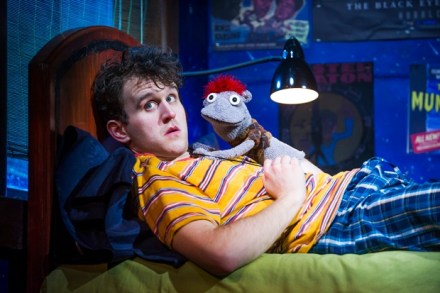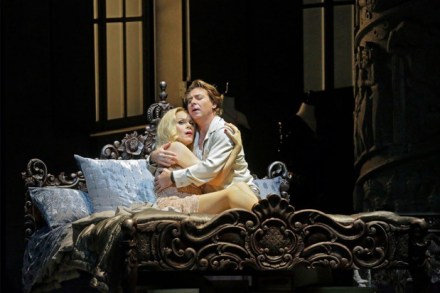Pride and prejudice | 10 March 2016
TheatreJonathan Lynn, co-author of Yes Minister, has excavated the history of France during the two world wars and discovered dramatic gold. He presents us with pen portraits of eminent Frenchmen we think we know. Marshal Pétain (Tom Conti) is a humane pragmatist who refuses to risk speculative assaults on the Western Front. He evolved his






























